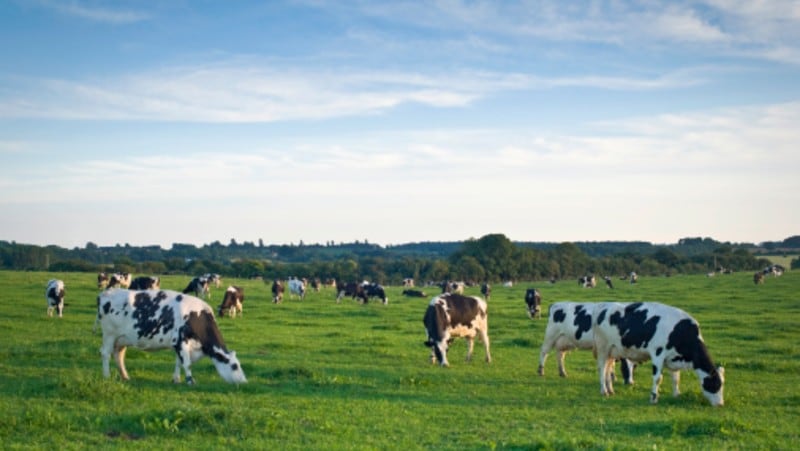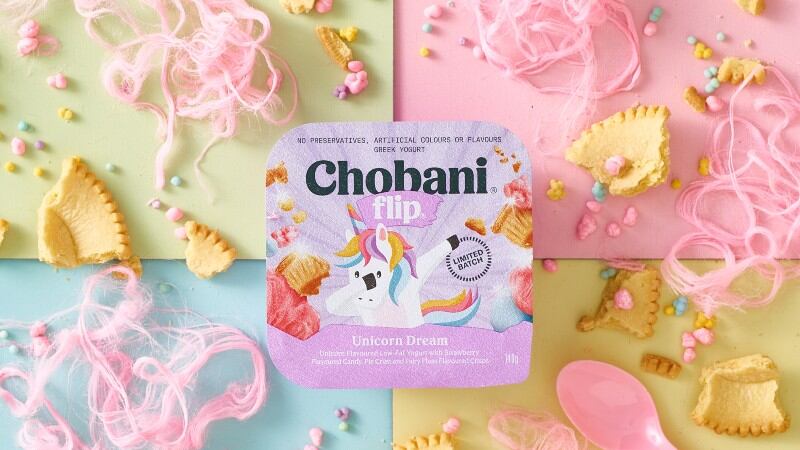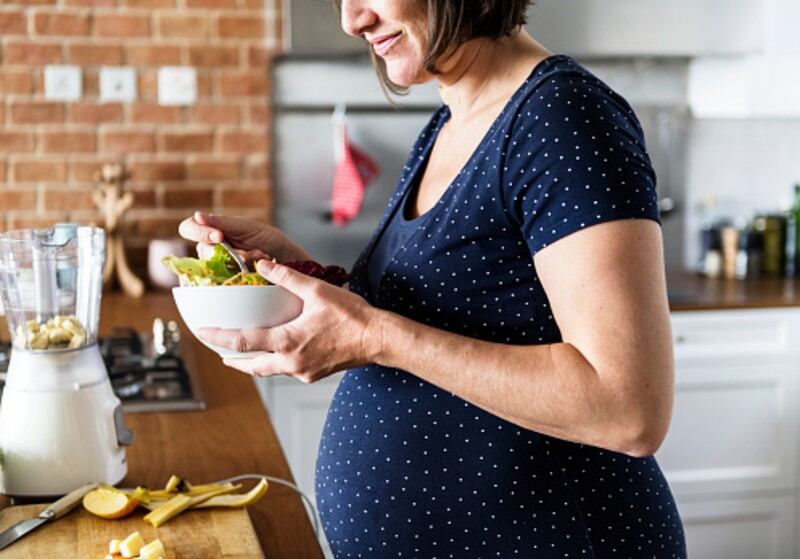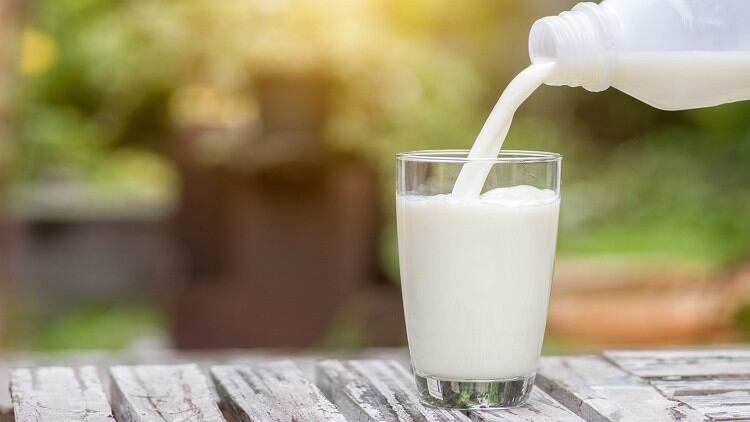New Zealand dairy was confirmed by a recent Dairy NZ-commissioned report to have the world’s lowest carbon footprint (0.77 units), some 48% less than the average (1.47 units) study results, a finding that the industry is proud of, but ‘not surprised’ at.
“This is really totally expected in my opinion – New Zealand dairy has the advantage of our system being based on a grass-fed and outdoor environment model, which really naturally contributes to the carbon footprint reduction, plus it’s been the cornerstone of our economy for such a long time that a lot of effort has gone into maximizing efficiencies over the years,” local dairy firm Miraka General Manager Environmental Leadership Murray Hemi told FoodNavigator-Asia.
“So the natural environment and the industry’s long history gave us quite an edge, but this also means that this achievement is no reason for us to sit on our laurels and be complacent just because we measured up in first place – quite the opposite actually, it should be seen as a reminder to work hard to maintain that privileged position.
“Even more importantly, this achievement is important to us as a reminder to be conscientious and not forget the global picture – sustainability is not a competition, it is something that humanity has to cross the finish line on together, as there’s no point being first if the world collapses.
“So opposed to the self-interest of the industry, this achievement now puts us in a place of responsibility to support bigger change in the global dairy industry and that means leading and offering a way to do this together, beyond just relying on grass-fed dairy or current advantages.”
Dairy NZ concurred with this, saying that more hard work still lies ahead for the industry if it wishes to increase efficiencies.
“Because we are already so efficient, there is no silver bullet to even greater efficiency - Significant investment in research and development is needed to find solutions,” Dairy NZ Chief Executive Tim Mackle said.
“[The] sector is committed and has research underway [but we still need] government support as we adopt new knowledge, practices and technology.
“[That said, we are] committed to remaining the most efficient producer of low emissions milk in the world - Our focus as a sector is sustaining our success as consumers and communities increasingly seek sustainably produced food.”
Industry contributions
Most dairy firms in New Zealand have established sustainability strategies to reduce environmental impact, each contributing in their own way to the results of the report. Several also having marketed products based on sustainability tags – one of these is local dairy giant Fonterra with the nation’s first carbonzero milk.
Dubbed Simply Milk, the milk is the product of a partnership between Fonterra and local supermarket Foodstuffs, and has been certified as carbonzero by government-backed institution Toitu Envirocare.
“Simply Milk [enables us to] support the regeneration of 7.5 km2 of native forest near Kaikoura, as well as renewable energy programmes in overseas markets where Fonterra sells its products,” Fonterra Director of Sustainability Carolyn Mortland told us.
“The milk has been certified carbonzero through the purchase of carbon credits from Toitu Envirocare, which were used to offset the carbon emissions of making it.”
The way this works is that carbon emissions at the farm, manufacturing and distribution/retail stages all the way until consumption and disposal are evaluated, then projects are identified to offset said emissions.
The firm has also recently launched a carbonzero certified organic butter product to cater to consumers interested in brands actively communicating sustainability achievements. The butter will be launching in South East Asia come April 2020.
“Achieving carbonzero certification for products like Organic Butter is a great way for us to help our customers and the environment in the short-term, while we work towards net zero in our operations,” added Fonterra Sustainability Solutions Senior Manager Lara Phillips.
“[We offset the carbon footprints of the butter] with high quality carbon credits approved by Toitū, for example from native forest regeneration or renewable energy projects [to help] consumers buy products that make a difference.”
Miraka on the other hand uses geothermal power for all its factory operations and claims to be the first in New Zealand to incentivise a Farm Excellence programme which gives financial incentives to farmers that make operations more sustainable.
“Under this programme, we audit and score each of our 100 farms based on the five categories of people, cows, milk, prosperity and the environment, and at the end of it, the higher scores a farm gets in the audit, the higher the milk payment received,” said Hemi.
“We adjust the standards for this yearly and lift these each time based on both national and international standards, so as to meet the quality and demand of the international market.”
What can be done better
As for how New Zealand can continue to improve in terms of its sustainability achievements, Hemi added that the biggest challenge to further progress is mindset.
“Because New Zealand dairy is so successful, many people find it hard to see why there is a need to change, or tend to ask why not others catch up with us instead – but that’s really not the key to the way forward,” he said.
“We all need to cross that finish line together, and the only way for everyone to do so is to seek solutions outside of the box and keep improving in this area – bigger companies with bigger footprints especially need to change the most moving forward, and it is important to keep looking for the biggest opportunities for innovation in this space, not at who is in first or last place.”
Fonterra on the other hand believes that the way forward is to guide farmers to continuously improve by ‘ensuring they understand their emissions profiles’.
“Last year all our farmers received a greenhouse gas emission report specific to their farms. It’s a very practical step toward helping New Zealand meet climate change commitments,” Fonterra Director On-Farm Excellence Charlotte Rutherford said in a statement.
“[We are also working on solutions] to reduce emissions from cows such as Kowbucha (fermentations under R&D which could switch off the bad bugs crating methane in cows) as well as teamed up with Nestle and Dairy NZ on trials to improve waterways and reduce on-farm greenhouse gas emissions.”
Overall, a good lot of work seems to still lie ahead for the New Zealand dairy industry in maximising its sustainability potential, so according to Hemi: “Don’t think there’s no more work to do – there is lots more to be done for ourselves and we also need to help those facing bigger challenges, as we do all need to do this together.”





